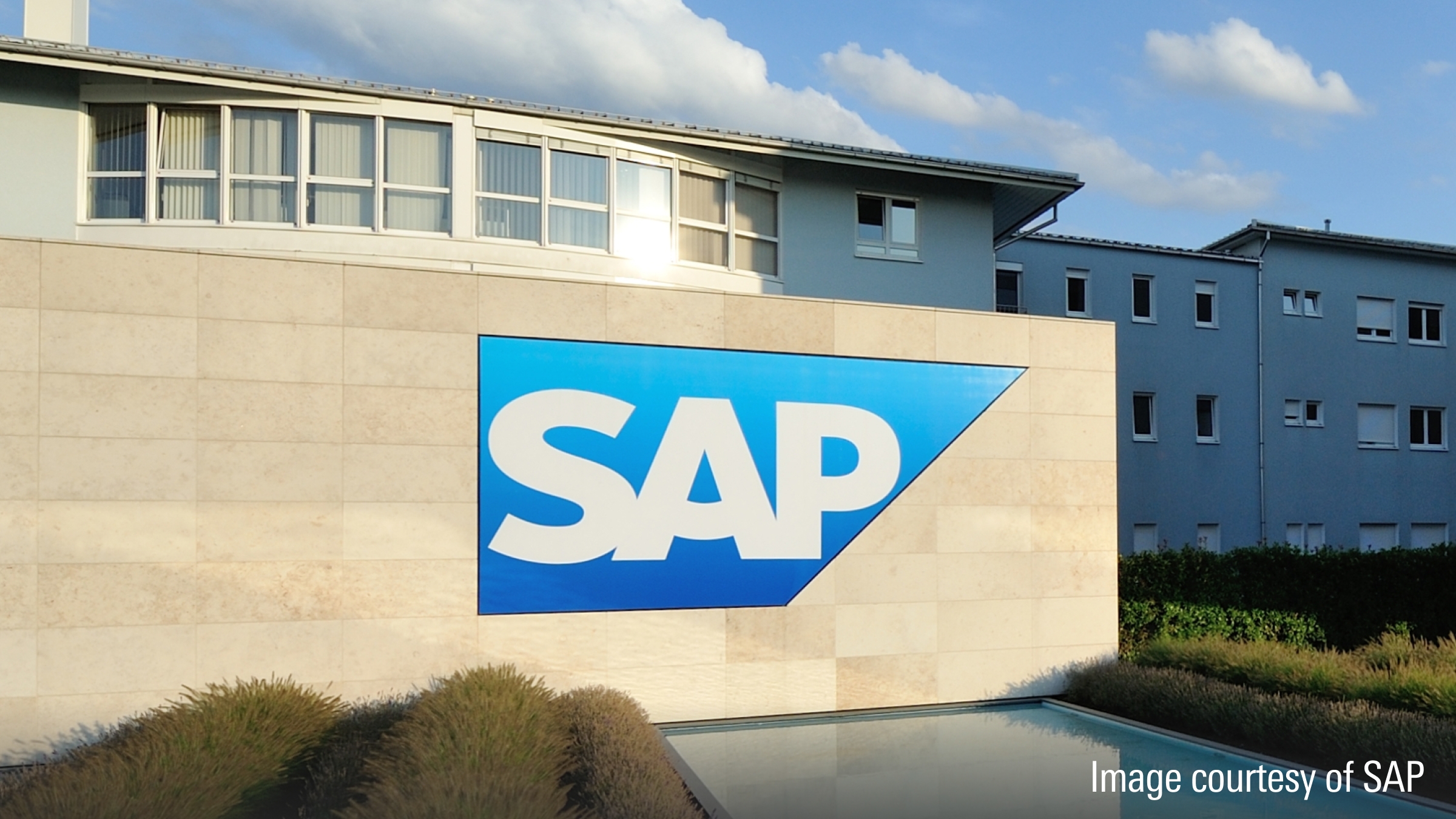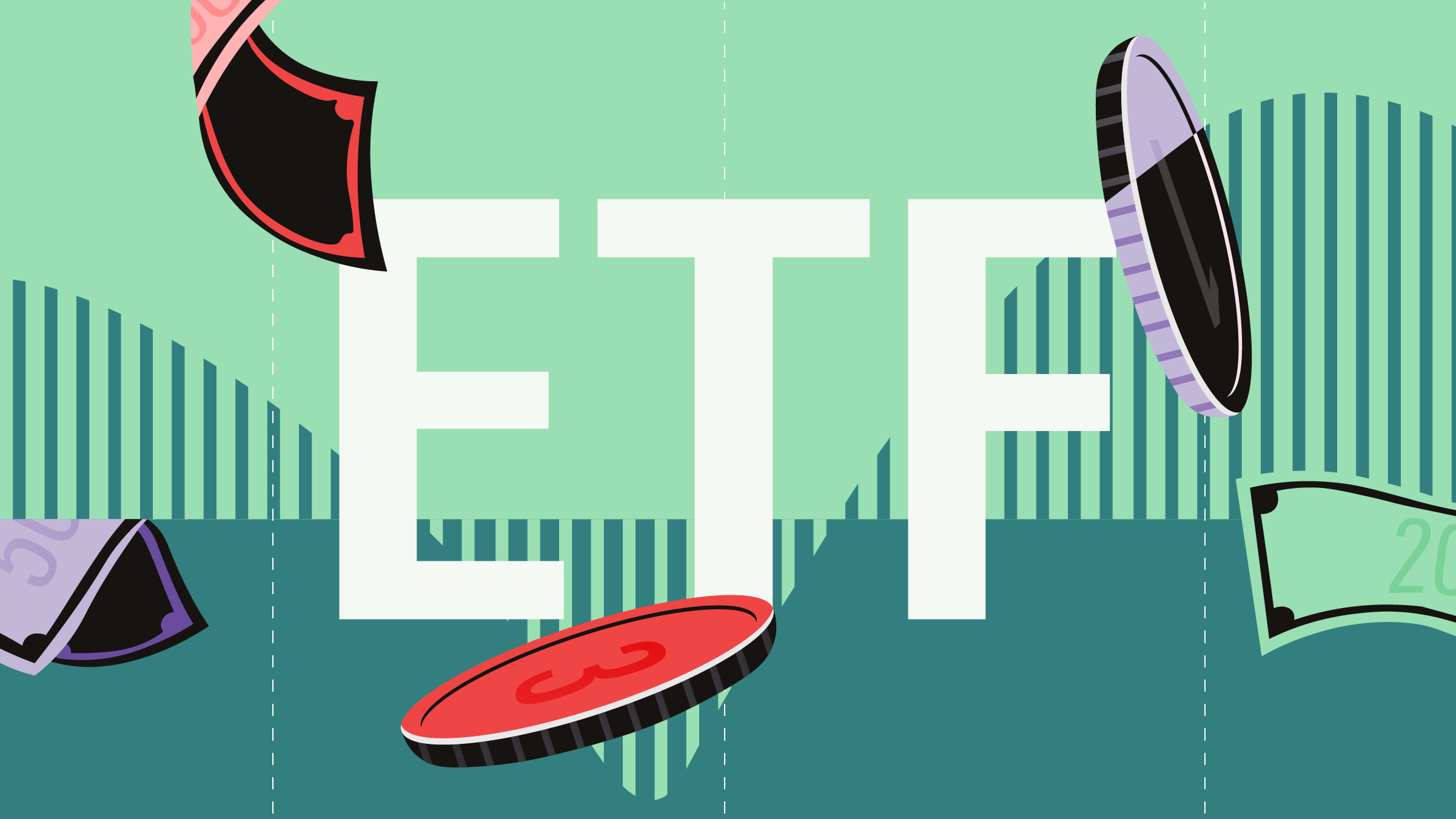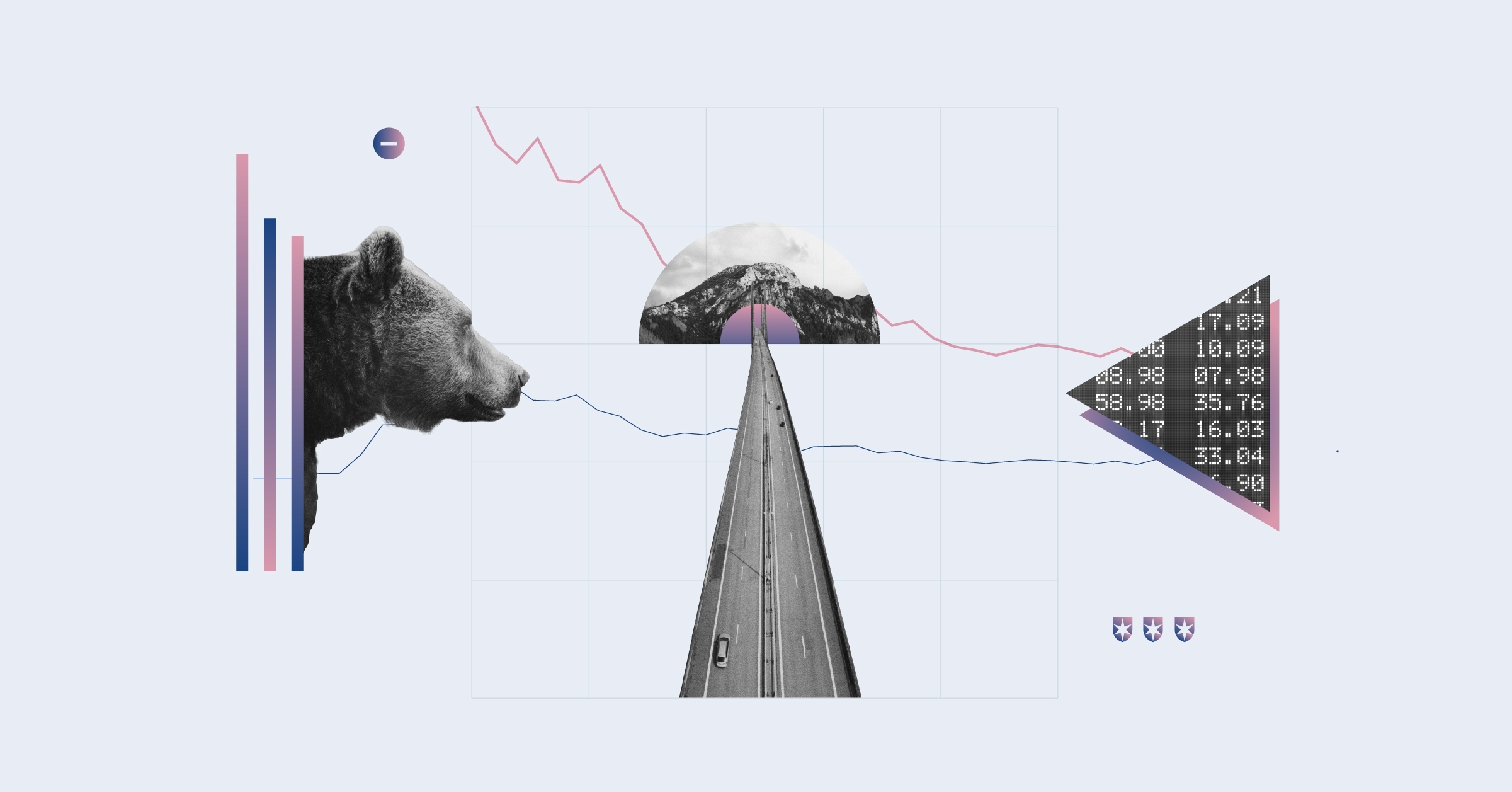What We Thought of Alphabet's Q2 Earnings
Google search growth remains impressive, with revenue up 14% year over year to nearly $49 billion (CA$67.8 billion). Paid click volume increased 6% versus the prior year, a slight acceleration from the previous two quarters, and revenue per click was up 7%. Demand from Asian retailers trying to reach consumers in the United States and other developed markets remains strong. The firm also mentioned that AI overviews have increased search volumes and user satisfaction while contributing to paid clicks.
The drop in growth in YouTube ad revenue (13% year over year versus 20% the prior quarter) was surprising. Management didn't provide much explanation, only citing a more difficult year-over-year comparison. Given the number of competitors entering the steaming ad market, like Netflix (NFLX), this is an area to watch.
There was no sign of a slowdown in infrastructure investment. Based on management's comments, capital spending in 2024 is still likely to come in at about $50 billion. Alphabet again stated that it believes its capacity increases will find a use, even if AI growth disappoints.
The stock is trading just below our fair value estimate. We believe the risks are well-balanced here. A slowdown in ad demand over the second half of 2024 would likely hurt the stock, as would any indication that search volume growth is slowing. Continued acceleration in Google Cloud revenue or AI-related revenue generally could cause the shares to move higher.
Key Morningstar Metrics for Alphabet
• Fair Value Estimate: $182.00
• Morningstar Rating: ★★★
• Morningstar Economic Moat Rating: Wide
• Morningstar Uncertainty Rating: High
Fair Value Estimate for Alphabet
With its 3-star rating, we believe Alphabet's stock is fairly valued compared with our long-term fair value estimate of $182 per share, which implies an enterprize value of about 13 times our estimated 2024 adjusted EBITDA, which excludes share-based compensation.
We expect advertising revenue to remain over 70% of Alphabet's total revenue, driven by continuing growth in digital ad spending, albeit at a much slower rate than historically. We model 6.5% ad revenue growth for 2024 due to slower expected economic growth than in 2023. We have estimated total Google ad revenue of $253 billion in 2024 and $272 billion in 2025. We think YouTube will contribute 13.6% of Google's advertising revenue in 2024, up slightly from 2023, and more than 14% in 2025. YouTube growth should benefit from its impressive reach and usage frequency, plus its video-only content format, which is attractive to brand advertisers.
We believe Google will continue to gain traction in the cloud market and assume more than 20% annual revenue growth through 2028.
Read more about Alphabet's fair value estimate
Economic Moat Rating
We assign Alphabet a wide moat, thanks to durable competitive advantages derived from the company's intangible assets, as well as its network effect.
We believe Alphabet holds significant intangible assets related to overall technological expertise in search algorithms and AI (machine learning and deep learning), as well as access to and accumulation of valuable data for advertisers. We also believe Google's brand is a significant asset. "Google it" has become synonymous with searching, and regardless of actual technological competency, the firm's search engine is perceived as being the most advanced in the industry. While Microsoft's (MSFT) Bing is attempting to dethrone Google with AI technology from OpenAI, we think the firm can defend its dominance in search with its own AI technology, some of which OpenAI's products are based on.
Read more about Alphabet's economic moat
Financial Strength
Alphabet has a strong balance sheet, with cash and cash equivalents of $111 billion versus total debt of only $13 billion as of the end of 2023. The company also has a $4 billion revolver with no outstanding balance. Over 60% of the company's cash and cash equivalents are held outside the US.
Read more about financial strength
Risk and Uncertainty
Our Uncertainty Rating for Alphabet is High. While we remain confident that Google will maintain its dominant position in the search market, a long-lasting downturn in online ad spending could harm the firm's revenue and cash flow. On the other hand, positive returns on Alphabet's investments in cloud and moonshots could considerably increase our fair value estimate.
Although we expect intangible assets and the network effect will help Google retain its position, there are minimal switching costs to using a rival search engine. We think this risk remains manageable. Bing – the nearest competitor and the first mover in enhancing search with generative AI capabilities – currently has far smaller market share and does not have a significant presence in the mobile market, where Alphabet's Android mobile operating system gives it an advantage.
The firm's high dependence on user behavior data represents an environmental, social, and governance risk. If it fails to maintain adequate data privacy and security, Google's advertising business would likely suffer and user trust in the company's other products would likely falter.
Read more about Alphabet's risk and uncertainty
Alphabet Bulls Say
As the number of online users and usage increase, so will digital ad spending, of which Google will remain one of the main beneficiaries.
Android's dominant global market share of smartphones leaves Google well-positioned to continue dominating mobile search.
The significant cash generated by the Google search business allows Alphabet to focus on innovation and long-term growth opportunities in new areas.
Alphabet Bears Say
There is little revenue diversification within Alphabet, as it remains heavily dependent on Google and search advertising.
Alphabet is allocating too much capital toward high-risk bets, which face a very low probability of generating returns.
Google's dominant position in online search is not durable, as more companies and regulatory agencies are contesting the methods through which the company has been extending its leadership.
This article was compiled by Renee Kaplan









:quality(80)/cloudfront-us-east-1.images.arcpublishing.com/morningstar/UUSODIGU4REULCOR35PTDS7HW4.jpg)











